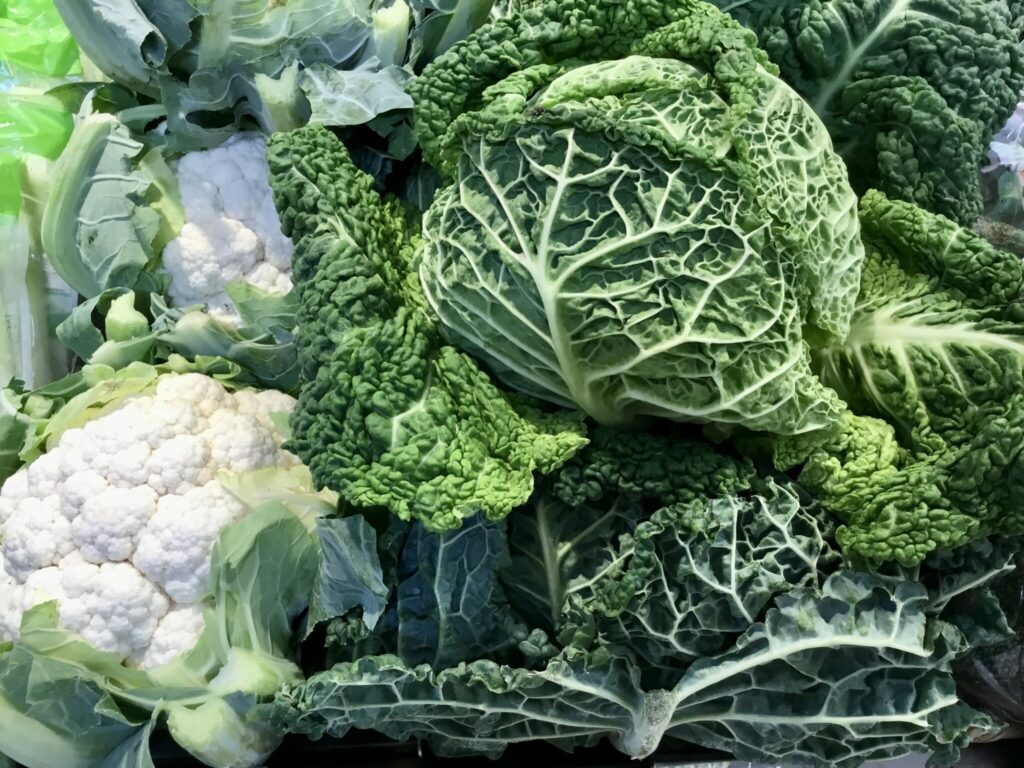
Do you eat processed meats regularly? Think bacon, sausages, salami, chorizo and other similar cured meats? Is it actually safe to eat processed meats often during the week? Well in short, if it’s anything other than occasional, the answer is “no”. There is a well-evidenced risk of developing cancer, especially colon cancer and therefore not safe to eat processed meats regularly with this risk in mind.
This may mean that you change how you shop and remove these foods from your weekly shopping lists.
This is exactly what I did when I first came across this research a number of years ago, not long after I qualified. It did not go down well with the family, but I prioritised their long-term health over family harmony on this one and I urge you to do the same.
READ ON!
Should you eat processed meats?
Numerous studies have now confirmed the link between frequent consumption of processed meats and cancer; in particular colon cancer. The meats I’m referring to here are foods like bacon, sausages, ham, hot dogs, salami, and chorizo; foods that are ingrained in our everyday choices and without thought, can be eaten regularly.
Is there a difference between ultra-processed meats that many routinely eat and the better quality traditionally cured meats….there is a difference!
The evidence is linked to the added chemicals used to preserve these meats; namely the nitrates and nitrites. Sodium Nitrate or Nitrite is used as a preservative and prevents bacteria from growing so that it is safe to eat and it is also used as a colouring agent, keeping the meats looking more pink and “fresh”,
These foods, like bacon and sausages, are often cooked at high temperatures (for example frying, baking or on the BBQ) and the nitrites then convert to more harmful nitrosamines as they combine with the protein and iron in these foods. This toxic compound is exactly the same as that found in cigarette smoke and is harmful.
Whilst nitrates in meats can end up harmful in this way, this shouldn’t be confused with the nitrates found in plants. Vegetables such as beetroots, carrots and spinach have high amounts of nitrates and these have been shown to help dilate our blood vessels, and therefore help to lower blood pressure. Athletes are sometimes known to drink beetroot or cherry juice before competing for this reason
Interestingly, both commercially processed and traditionally cured meats are effectively processed, but the difference is the time taken and whether chemicals are used to speed up the process to alter the natural curation process as I’ve described above.
Traditionally cured meat typically involves using salt (for a salt cure) along with some natural herbs and spices and several months will be allowed for this stage, with proper aeration and the right settings for best results.
The use of chemicals in commercially produced meats speeds up this process significantly.

Here’s the bottom line
The World Cancer Research Fund (WCRF) recommends limiting red meat intake to no more than 500g (cooked weight) per week, and completely avoiding processed and cured meats altogether.
If you have this as a starting point, then on occasions when you do eat sausage, bacon or cured meats, then it will not present a health risk. But please do bear in mind “on occasions”. There is no “safe” level of consumption.








0 Comments